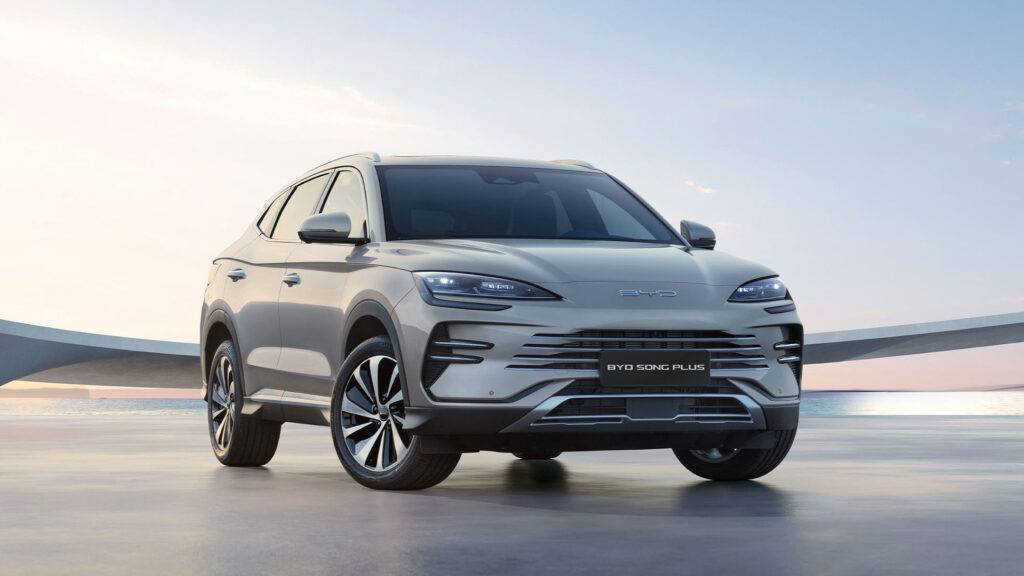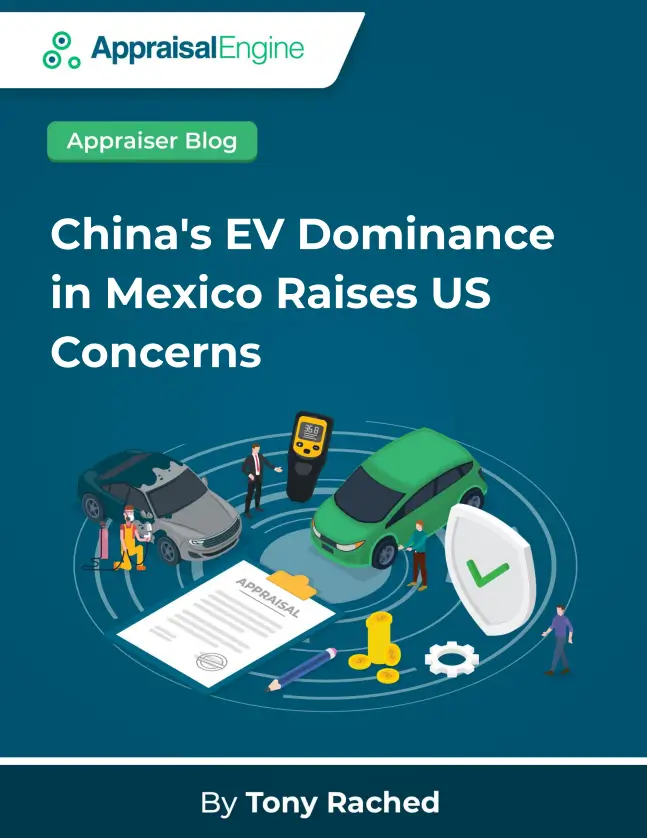The United States has recently raised concerns over the growing interest of three major Chinese electric vehicle (EV) manufacturers, MG, BYD, and Chery (Chirey in Mexico), in establishing production facilities in Mexico.
This move has sparked discussions about potential implications for the US-Mexico relationship and the broader context of the US-China trade war.

An electric vehicle produced by BYD. The active investment drive of Chinese car manufacturers in Mexico positions the second-largest economy in Latin America at the center of the ongoing trade tensions between the United States and China.
China’s EV Dominance in Mexico Raises US Concerns (PDF)
Chinese Investment in Mexico
Chinese companies, including MG, BYD, and Chery, are in talks with Mexican officials to secure sites for their EV manufacturing plants.
The investment push highlights Mexico’s appeal as a manufacturing hub due to factors such as cheaper labor, a well-established car supply chain, and access to the North American free trade deal USMCA.
Additionally, another Chinese company is reportedly planning a substantial investment in a $12 billion battery plant.
US Concerns
US officials have expressed concerns over Chinese investments in Mexico, fearing that this could serve as a loophole for Chinese carmakers to bypass stringent measures imposed by the Inflation Reduction Act. The act aims to exclude electric vehicles, batteries, and related components made by Chinese companies from the US supply chain.
The Biden administration is particularly worried that Chinese companies might leverage Mexican production to outshine global rivals with technologically advanced and competitively priced EV models.
Republican-led House Select Committee
In a recent letter, top members of the Republican-led House Select Committee on China voiced their worries about Chinese companies potentially using Mexico as a “back door” into the US market. The concern is rooted in the possibility that Chinese carmakers could gain a foothold in Mexico and then export their products to the US, circumventing the restrictions imposed by the Inflation Reduction Act.
Chinese Carmakers’ Growing Presence in Mexico
The surge of Chinese carmakers in Mexico marks a noteworthy transformation in the automotive landscape. Over the past six years, these companies have witnessed an impressive ascent, now constituting nearly 20% of total vehicle sales in the country, a stark contrast from their negligible presence in the recent past.
Among the key players, MG, under the umbrella of the state-owned car giant SAIC, is strategically planning a substantial investment ranging from $1.5 billion to $2 billion for the establishment of a cutting-edge factory in Mexico.
Simultaneously, BYD is embarking on its own journey, with plans for an initial phase of factory investment amounting to hundreds of millions. This accelerating influx underscores the evolving dynamics of Mexico’s automotive industry, positioning the nation as a significant player in the global automotive manufacturing landscape.
Implications for Mexico
Mexico, being the world’s seventh-largest carmaking nation, stands to benefit from disruptions in global supply chains caused by the COVID-19 pandemic and the US-China trade war.
However, Mexican officials acknowledge the need for caution in considering Chinese investments to avoid upsetting the US, given the country’s significant economic influence on Mexico.
Conclusion
As the US closely monitors Chinese investments in Mexico, the outcome will have far-reaching implications for global trade dynamics, particularly in the electric vehicle manufacturing sector.
The evolving situation highlights the delicate balance that Mexico must maintain between attracting foreign investments and navigating the complexities of its economic relationship with the United States.





